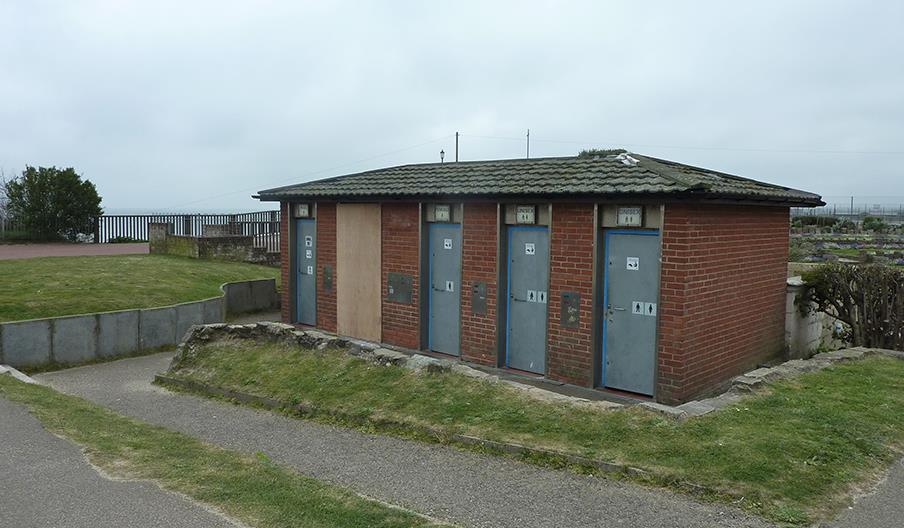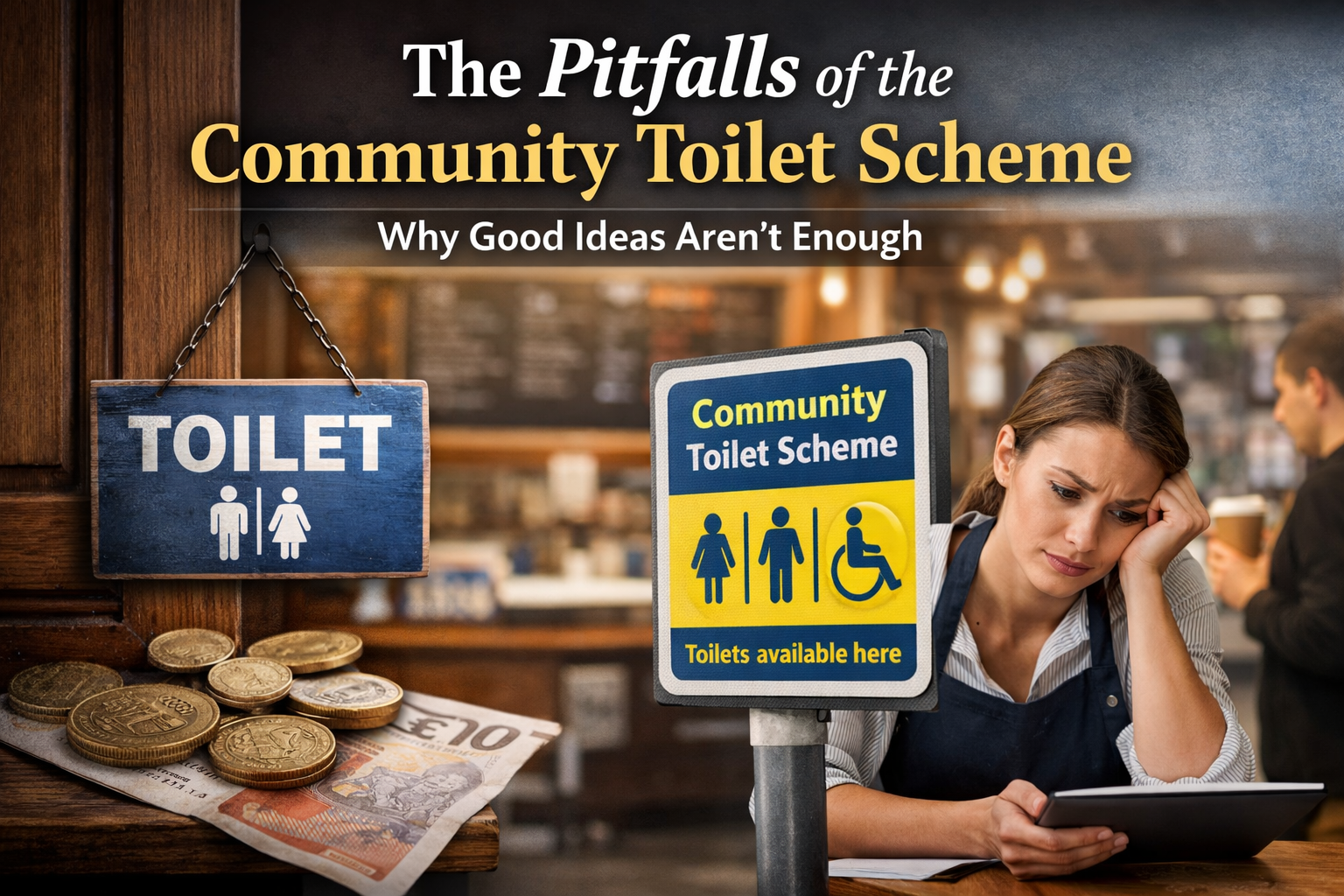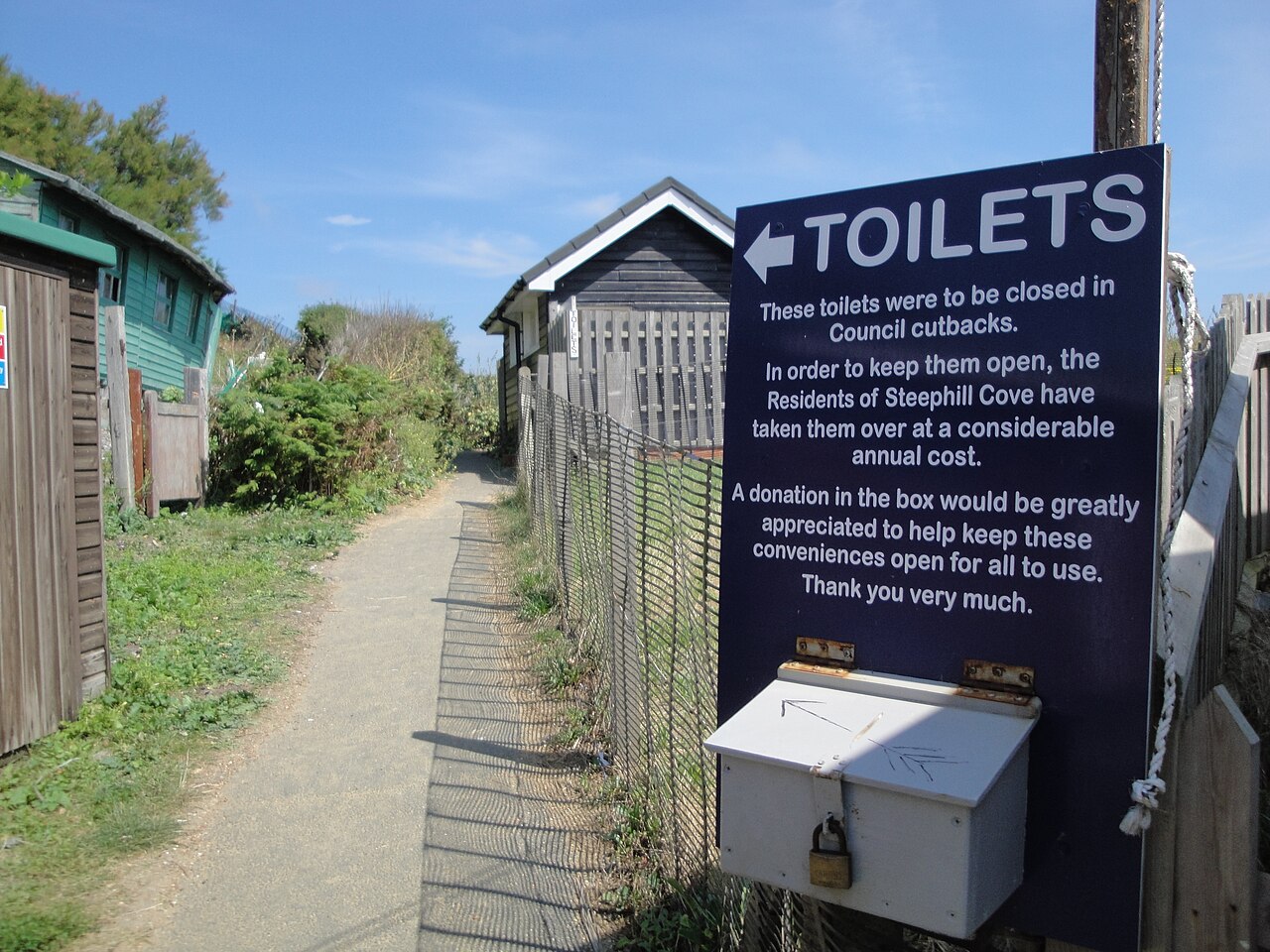The Hidden Costs of Pay-to-Use Restrooms
Exploring the economic and social implications of charging for public restroom access.

Michael Goodall
While pay-to-use restrooms might seem like a simple business decision, they have far-reaching implications that affect public health, tourism, and social equity. Let's explore why free access to public restrooms is essential for healthy communities.
Public Health Implications
When people can't afford to use restrooms, they may avoid going out altogether or resort to unsanitary alternatives. This can lead to:
- Increased risk of urinary tract infections
- Dehydration from avoiding fluids
- Spread of disease through improper waste disposal
- Reduced physical activity due to bathroom anxiety
Economic Impact on Tourism
Tourists often cite the lack of free public restrooms as a major concern when visiting cities. This can impact:
Tourism Revenue Loss
- • Shorter shopping trips
- • Reduced restaurant visits
- • Negative online reviews
- • Decreased return visits
Social Equity Issues
Pay-to-use restrooms disproportionately affect vulnerable populations:
- Homeless individuals who may not have access to change
- Low-income families with children
- People with medical conditions requiring frequent bathroom access
- Elderly individuals on fixed incomes
Alternative Solutions
Many cities are finding creative ways to provide free public restrooms:
Public-Private Partnerships
Businesses receive tax incentives for providing free public restroom access during business hours.
Municipal Facilities
Cities invest in well-maintained public restrooms in high-traffic areas.
What You Can Do
Support businesses that provide free restroom access and advocate for better public facilities in your community. Use platforms like Toiletly to find and review free restroom options.
💰 The cost of providing free public restrooms is far less than the economic and social costs of not having them available.
By working together to ensure free access to public restrooms, we can create more inclusive, healthy, and prosperous communities for everyone.





